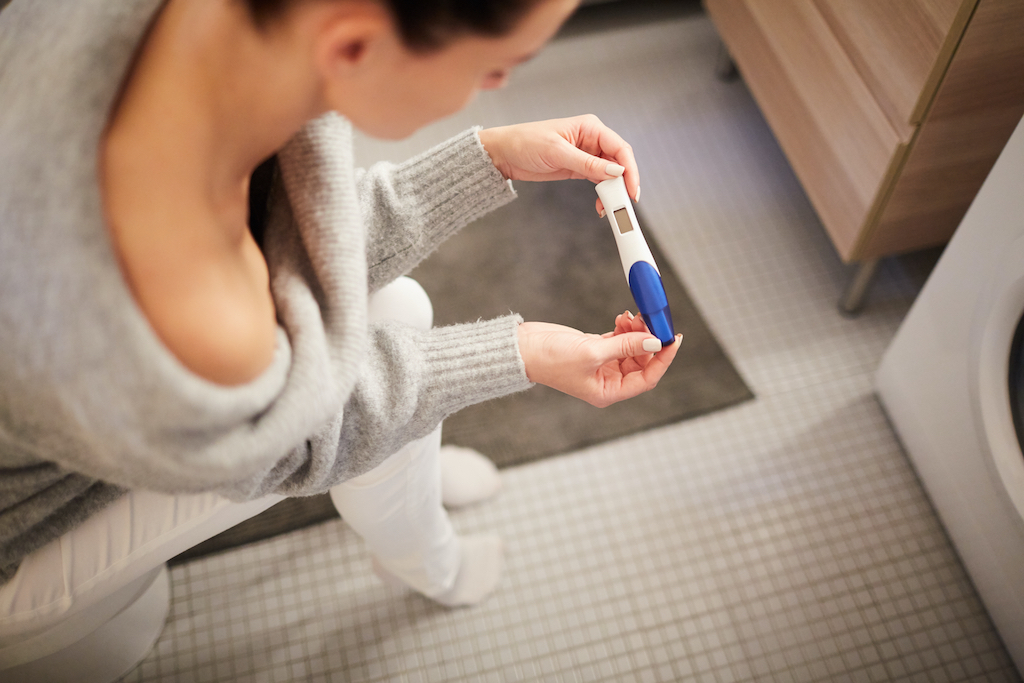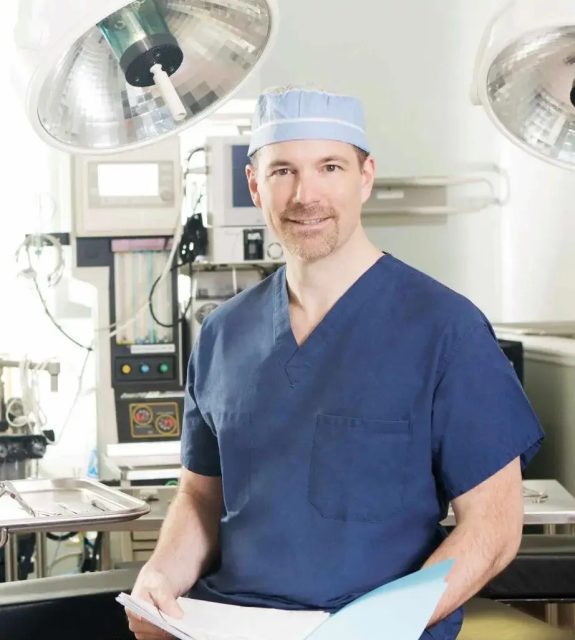Over the years, Dr. Brian Levine has been cited as one of the nation’s leading fertility experts in The New Yorker, New York Post, NBC, CNN, Avenue Magazine among others, offering valuable insight on everything from fertility misconceptions, egg-freezing 101, to how men can boost their fertility. Dr. Levine attended New York University School of Medicine, served as the President of the NYU Alumni Association, and was the only physician on NYU’s Board of Trustees during his 7-year tenure. Recently he was awarded the Meritorious Service Award, the highest award bestowed upon an alumnus for their extraordinary service and continuing devotion to NYU and who embodies the University motto: To Persevere and to Excel. Haute MD Expert, Dr. Brian Levine, explains the importance of National Infertility Awareness Week: changing the conversation around infertility.
 Photo Credit: Shutterstock
Photo Credit: Shutterstock
Haute MD: Why is National Infertility Awareness Week so important?
National Infertility Awareness Week®, (NIAW) is a movement, founded in 1989 by RESOLVE: The National Infertility Association. Its mission is to empower you and change the conversation around infertility.
The week of April 18-24, 2021, patients, providers, and advocates will come together in person and virtually to help:
• Enhance public understanding that infertility needs and deserves attention.
• Ensure that people trying to build a family know the guidelines for seeing a specialist.
• Educate lawmakers about how infertility impacts people in their state.
We encourage you to join the conversation on social media using the hashtags: #NIAW #IFAwareness #NationalInfertilityAwarenessWeek #WhatIWantYoutoKnow
Haute MD: What is infertility?
Infertility is the inability to conceive a child after 12 months of trying when less than 35 years old, or 6 months of trying to conceive when 35 years old and older.
Most couples (approximately 85%) will achieve pregnancy within one year of trying, with the greatest likelihood of conception occurring during the earlier months. Only an additional 7% of couples will conceive in the second year.
According to the CDC, to get pregnant:
• A woman’s body must release an egg from one of her ovaries' external icons (ovulation external icon).
• A man’s sperm must join with the egg along the way (fertilize).
• The fertilized egg must go through a fallopian tube external icon toward the uterus external icon (womb).
• The fertilized egg must attach to the inside of the uterus (implantation).
• Infertility may result from a problem with any or several of these steps.
Infertility can be due to female factors (advanced age, reproductive tract abnormalities, poor egg quality), male factors (sperm abnormalities, reproductive tract abnormalities, lack of normal sperm), or even combined or unexplained etiologies.
Haute MD: Is infertility common?
It has been estimated that approximately one in eight couples are affected by infertility in the United States. This translates to approximately 7.5 million people each year who have trouble conceiving.
 Photo Credit: ShutterstockHaute MD: How can we educate people on infertility?
Photo Credit: ShutterstockHaute MD: How can we educate people on infertility?
There are a lot of great, trusted medical resources to learn more information about how to diagnose and treat infertility, including:
Haute MD: Why should we talk about infertility?
Unfortunately, many individuals and couples suffer in silence and don't seek help when trying to conceive, because they assume that an appointment with a specialist will automatically lead to costly or painful treatments that will require advanced techniques like in vitro fertilization (IVF).
As patients and potential parents learn how common infertility is and how not all diagnoses require surgery or invasive interventions, then we break down the barriers to seeking help.
Haute MD: How to take the first step in choosing a fertility specialist?
The first step in choosing a specialist is asking your ob/gyn for a referral. Most ob/gyns have existing relationships with providers and can guide patients on what to expect. Also, patients frequently learn about me and our practice through our website, which is chock full of evidence-based information on what we can offer to help patients on their fertility journeys. Lastly, there are great websites like FertiliyIQ which aggregate anonymous reviews from real patients, and this affords potential patients to learn about doctors and find the one that suits them best.
It's also important to remember that as a result of the COVID pandemic, many (if not all) fertility specialists are offering telehealth appointments; so the first step in getting help is really just a click away!
For more information, visit Dr. Brian A. Levine's social media:






















